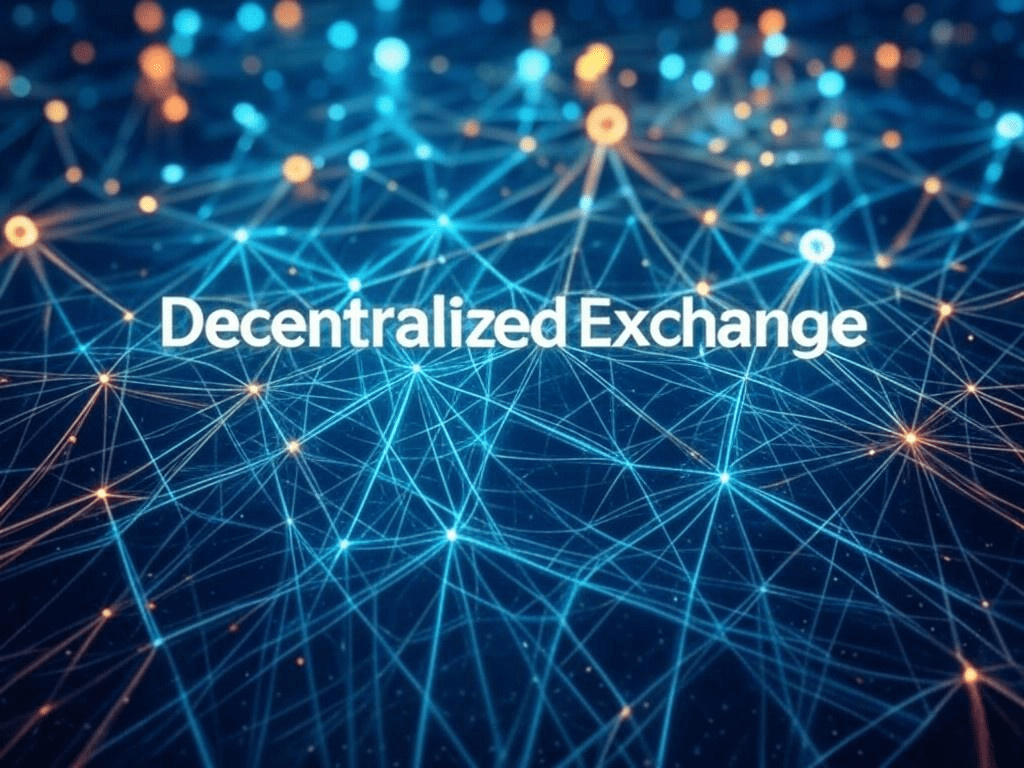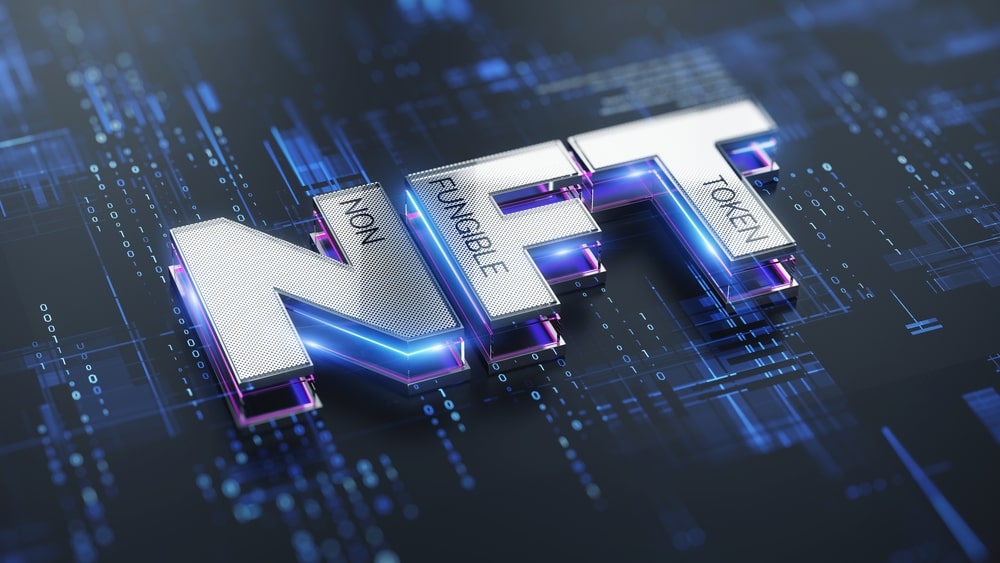Decentralized exchanges, or DEXs, are revolutionizing the way people trade digital assets. Unlike traditional centralized exchanges, which require users to deposit their funds into an account managed by the exchange, a decentralized exchange allows users to trade directly with one another through a peer-to-peer network. This approach eliminates the need for a middleman, reducing the risk of hacks, fraud, and theft, and giving users greater control over their assets. As the cryptocurrency landscape continues to evolve, more and more traders are turning to decentralized exchanges for a safer and more transparent trading experience.

Understanding Decentralized Exchanges (DEX)
A decentralized exchange, often abbreviated as DEX, operates without a central authority. Unlike centralized exchanges, where a single entity has control over the funds and order books, a DEX leverages blockchain technology and smart contracts to enable direct peer-to-peer transactions. This system ensures that users maintain control of their private keys and assets, which significantly reduces the risk of losing funds due to exchange hacks or mismanagement. Furthermore, a decentralized exchange is generally open-source, which allows developers to audit and contribute to the platform’s security and functionality.
One of the main reasons for the growing popularity of decentralized exchanges is their emphasis on privacy and security. Since trades are executed directly between users’ wallets, personal information is not required, and there is no central server that can be hacked or manipulated. Moreover, DEXs offer greater financial inclusivity by allowing anyone with an internet connection to participate in the global financial ecosystem without the need for a bank account or identity verification.
Benefits of Using a Decentralized Exchange
Decentralized exchanges offer several advantages over their centralized counterparts. First and foremost, they provide a higher level of security. Because users do not deposit their funds with a centralized entity, they significantly reduce the risk of hacking or theft. Additionally, DEXs promote greater transparency by recording every transaction on the blockchain. This creates a permanent, publicly accessible ledger that anyone can verify.
Another key advantage is the elimination of middlemen. In a decentralized exchange, users execute trades directly with each other. This reduces transaction costs and increases efficiency. The peer-to-peer trading model also enhances privacy, as users do not need to disclose personal information to a centralized authority. Furthermore, decentralized exchanges resist regulatory crackdowns more effectively, as they do not operate under a single jurisdiction or a centralized entity.
However, it’s important to note that decentralized exchanges are not without their challenges. For example, the user experience on a DEX can be more complex compared to centralized platforms, and liquidity can be an issue for some lesser-known tokens. Despite these challenges, the continuous development and innovation in the DEX space have led to significant improvements, making them more user-friendly and accessible.
Choosing the Best Decentralized Exchange
When it comes to selecting the best decentralized exchange, there are several factors to consider. Liquidity is one of the most important aspects, as it affects the ease and speed with which users can trade assets. An exchange with higher liquidity will provide more competitive prices and less slippage. Another factor to consider is the user interface; a well-designed, intuitive interface can make trading much easier, especially for beginners.
Security is also a critical factor. It’s essential to choose a decentralized exchange that has a strong track record of security and has been thoroughly audited by reputable third parties. Additionally, consider the range of assets supported by the exchange. Some DEXs are specialized in certain types of tokens or blockchain networks, while others offer a more comprehensive selection.
Several well-known DEXs, such as Uniswap, PancakeSwap, and SushiSwap, have become popular choices due to their ease of use, high liquidity, and robust security features. Each platform has its unique advantages, and the best choice ultimately depends on the user’s specific needs and preferences. For those interested in “dex trading platforms,” researching and comparing different DEXs is key to finding the most suitable one.
The Future of DEX and Crypto Trading
The market is rapidly evolving, with new features and innovations being introduced regularly. One of the most exciting developments in the DEX space is the integration of cross-chain compatibility, allowing users to trade assets across different blockchain networks seamlessly. This technology has the potential to significantly increase the liquidity and utility of decentralized exchanges, making them even more attractive to traders and investors.
Moreover, DEXs are increasingly adopting layer-2 scaling solutions to enhance transaction speeds and reduce costs. These advancements will likely drive more users towards decentralized platforms, further solidifying their place in the cryptocurrency ecosystem. With the continuous improvements and growing adoption, it is evident that decentralized exchanges will play a crucial role in the future of digital asset trading.
NFTBOOKS and Its Unique Place in the DEX Ecosystem
As the landscape of decentralized exchanges expands, platforms like NFTBOOKS are also making waves by integrating DEX principles within their ecosystems. NFTBOOKS is available for trade on Quickswap with pairs of USDT and Matic. It offers a unique proposition for its users. Not only can NFTBOOKS tokens be traded on Quickswap, but the platform also facilitates their trading. This ensures that users have a seamless and efficient experience. This dual approach enhances the accessibility and liquidity of NFTBOOKS tokens. It aligns perfectly with the decentralized ethos. By providing more control and flexibility to its users, it enhances the overall trading experience.
“You might be interested in reading Understanding Blockchain Explorers: A Simple Guide as well.”
As the cryptocurrency market matures, it’s becoming clear that decentralized exchanges are not just a trend. They represent a fundamental shift in how digital assets are traded. By providing a more secure, transparent, and efficient trading environment, DEXs are paving the way for a decentralized financial future. This shift promotes a more inclusive approach to digital finance. Whether you are a seasoned trader or a newcomer to the crypto space, exploring decentralized exchanges offers valuable insights. It also opens up new opportunities for users to benefit from this growing trend.
Decentralized exchanges represent a significant advancement in the cryptocurrency world. They offer unique advantages over traditional centralized platforms. DEXs give traders the ability to maintain control over their assets while enhancing their trading experience. As more people recognize these benefits, they are expected to increase the adoption rate. This makes DEXs an essential component of the digital economy.







